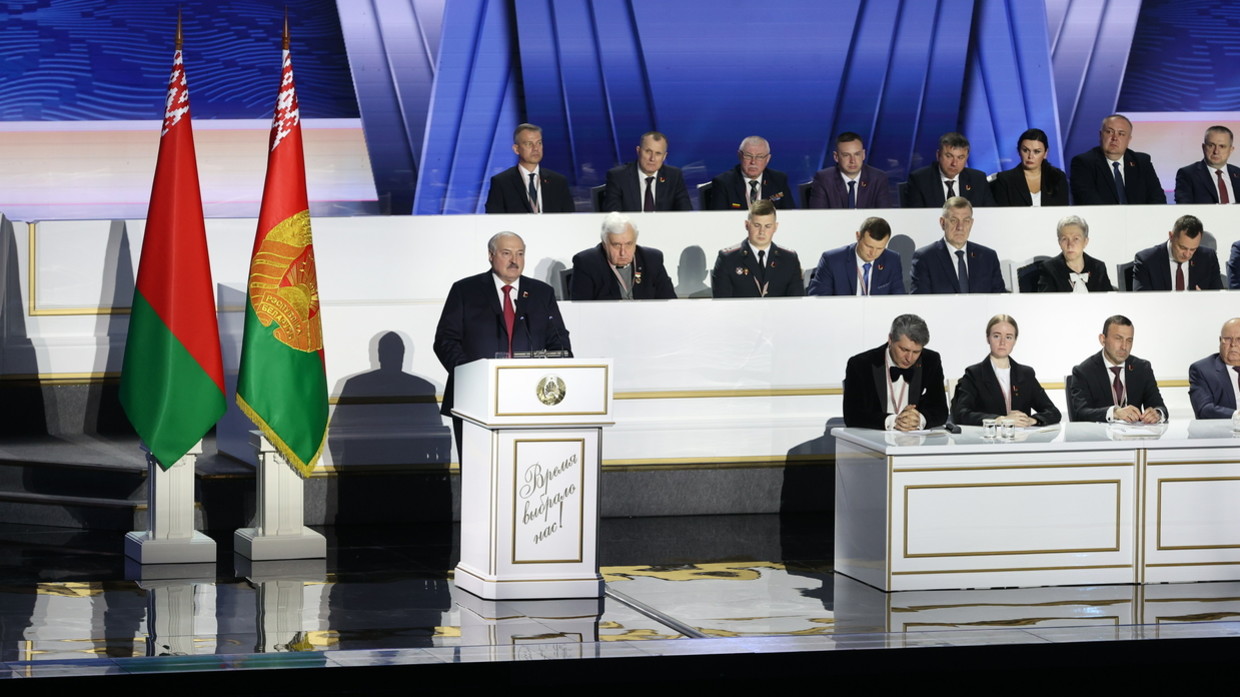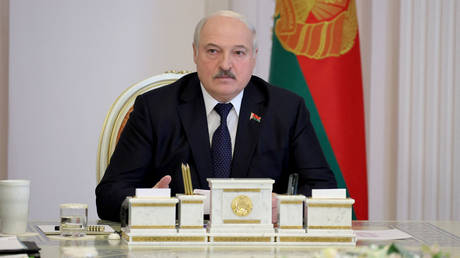Belarusian President Alexander Lukashenko has revealed that he would consider ending his political career after 30 years in power, once he is certain that a smooth transition is ensured.
Lukashenko made the remarks on Wednesday at the All-Belarusian People’s Assembly, a political gathering convened in Minsk. The body, which includes officials from all branches and levels of government, as well as representatives of civic society, was given constitutional powers after a referendum in 2022. Lukashenko was elected chairman of the assembly during the session.
In his acceptance speech, the president said he backed giving the body the authority to take key policy decisions to ensure future stability in Belarus.
“You must not be silent. If you will be, it would mean I was mistaken. That you will not be able to defend the country, especially without me,” he told the audience.
“Even if the head of state is wrong, you must say so directly,” he added. “You must be like wolfhounds.”
Lukashenko expressed concern that Belarus could be vulnerable to malign foreign influence during the transition to a new generation of officials. Younger people tend to be overconfident and disregard the experience of their predecessors, the leader claimed, urging delegates to remain firm because “you don’t hold power with a loose hand.”
“I want to finish my political career in a dignified way… so that we don’t ruin everything we’ve built with our own hands,” Lukashenko said. “I will retire, once you tell me in some form: ‘enough’. And once there is a person next to me who would not betray [Belarusian interests]”.
The leader denied accusations of corruption directed at him by critics abroad, declaring that he “was never a crook” and that he holds his family and associates to the same standards.
Under the constitution, the All-Belarusian People’s Assembly is considered the highest representative body of the population. Its authority includes the power to remove the president from office, impose a state of emergency, initiate referendums, certify the legitimacy of elections, and authorize military deployments on foreign soil.


